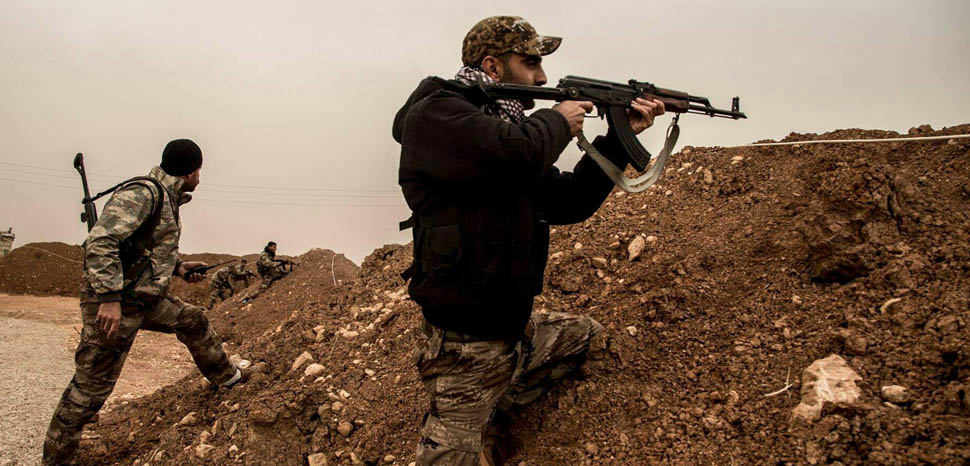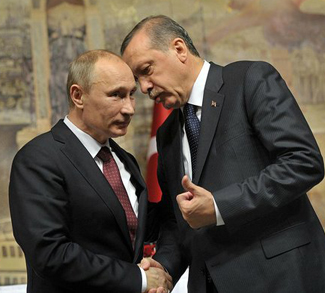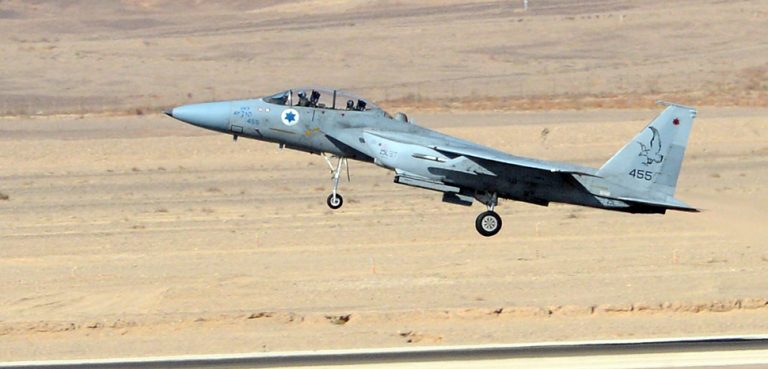Summary
There were signs from the very start that the Assad government was going to get behind the Kurdish residents of the Afrin canton, whom are currently being targeted by a Turkish military operation meant to flush out the YPG – a key ally in the war against Islamic State or terrorist group and PKK enabler, depending on whether you ask Washington or Ankara.
It began with rhetoric: Assad accused Turkey of “supporting terrorism” and invoked the early days of the Syrian civil war when Ankara adopted a laissez-faire stance toward the hundreds of fighters flooding across its border into Syria. Then came the indirect encouragement immediately after Operation Olive Branch was launched, when government forces opened corridors for YPG fighters passing from Manbij in the east to Afrin in the north. And now there are reports that the Assad regime has reached an agreement to intervene directly and dispatch troops to Afrin. As of Wednesday, these reports seem to have been confirmed when dozens of pro-government fighters were seen entering the Afrin Canton.
Impact
Turkey’s short-term outlook in northern Syria:
- The jury is out on how long the Turkish military will be stationed in northern Syria. Since seizing large swathes of land in Operation Euphrates Shield, the government has gone about building up infrastructure and providing basic services in the occupied territories. This land is an important bargaining chip in the peace process, and it won’t be relinquished cheaply.
- Seizing Afrin would further solidify Turkey’s position at the negotiating table, and it would also increase Ankara’s leverage in rebel-occupied Idlib province by providing a contiguous supply line to the rebels fighting there. This will be an important consideration should the conflict between Turkey and the Assad regime escalate further.
- The agreement between Russia and Turkey on the post-war status of President Assad is tenuous to say the least. Open conflict between the Turks and Syrians along with the aforementioned gains at the negotiating table could lead Erdogan to reevaluate whatever assurances he gave the Russians. Recall that Erdogan began this war as a sworn enemy of the Assad regime.
- At 29 days and counting, the Afrin operation is taking much longer than the 10 days the Erdogan administration originally promised. With reinforcements coming in from the Assad regime and the northeastern Kurdish heartland, it can expected to drag out even longer.
- Time is of the essence for Ankara: international support for “Operation Olive Branch” was non-existent to begin with, and the promise of a quick and relatively painless operation is likely what secured Russian buy-in on the move.




